About the Quantitative History Webinar Series
The Quantitative History (QH) Webinar Series aims to provide researchers, teachers, and students with an online intellectual platform to keep up to date with the latest research in the field, promoting the dissemination of research findings and interdisciplinary use of quantitative methods in historical research. The QH Webinar Series, now entering its fifth year, is co-organized by the Centre for Quantitative History at the HKU Business School and the International Society for Quantitative History in partnership with the Hong Kong Institute for the Humanities and Social Sciences. The Series is now substantially supported by the Areas of Excellence (AoE) Scheme from the Research Grants Council of the Hong Kong Special Administrative Region, China (Project No. [AoE/B-704/22-R]).
Fiscal Innovation and the Origins of Paper Currency in Song China (960–1276)
Join us and explore the crucial role of paper currency in the Song market economy.
Zoom Webinar
The Glorious Revolution That Wasn’t: Rural Elite Conflict and Demand for Democratization
Join us and explore how meaningful demands for democratization emerged in an authoritarian parliament within a non-industrialized agricultural economy.
Zoom Webinar
Intergenerational Mobility of Daughters and Marital Sorting: New Evidence from Imperial China
Explore the role of marriage for women’s intergenerational mobility using original info on women’s status from family histories of Imperial China.
Zoom Webinar
Conflict and Gender Norms: Evidence from India
Where do gender norms that favour men come from? Get inspired just in time for Mother’s Day with Bishnupriya Gupta’s QH webinar.
Zoom Webinar
Ideas Mobilize People: The Diffusion of Communist Ideology in China
Can ideas mobilize people into collective action? Join us and explore post-1919 New Youth magazine’s role as a proxy for Communism penetration.
Zoom Webinar
The Uses (and Limitations) of Quantitative Prosopography for Tang and Song History
Nicolas Tackett describes important prosopographic databases available to Tang and Song historians, suggesting some of their uses and limitations.
Zoom Webinar




 February 8, 2024
February 8, 2024 10:00 - 11:30 (HKT)
10:00 - 11:30 (HKT)
